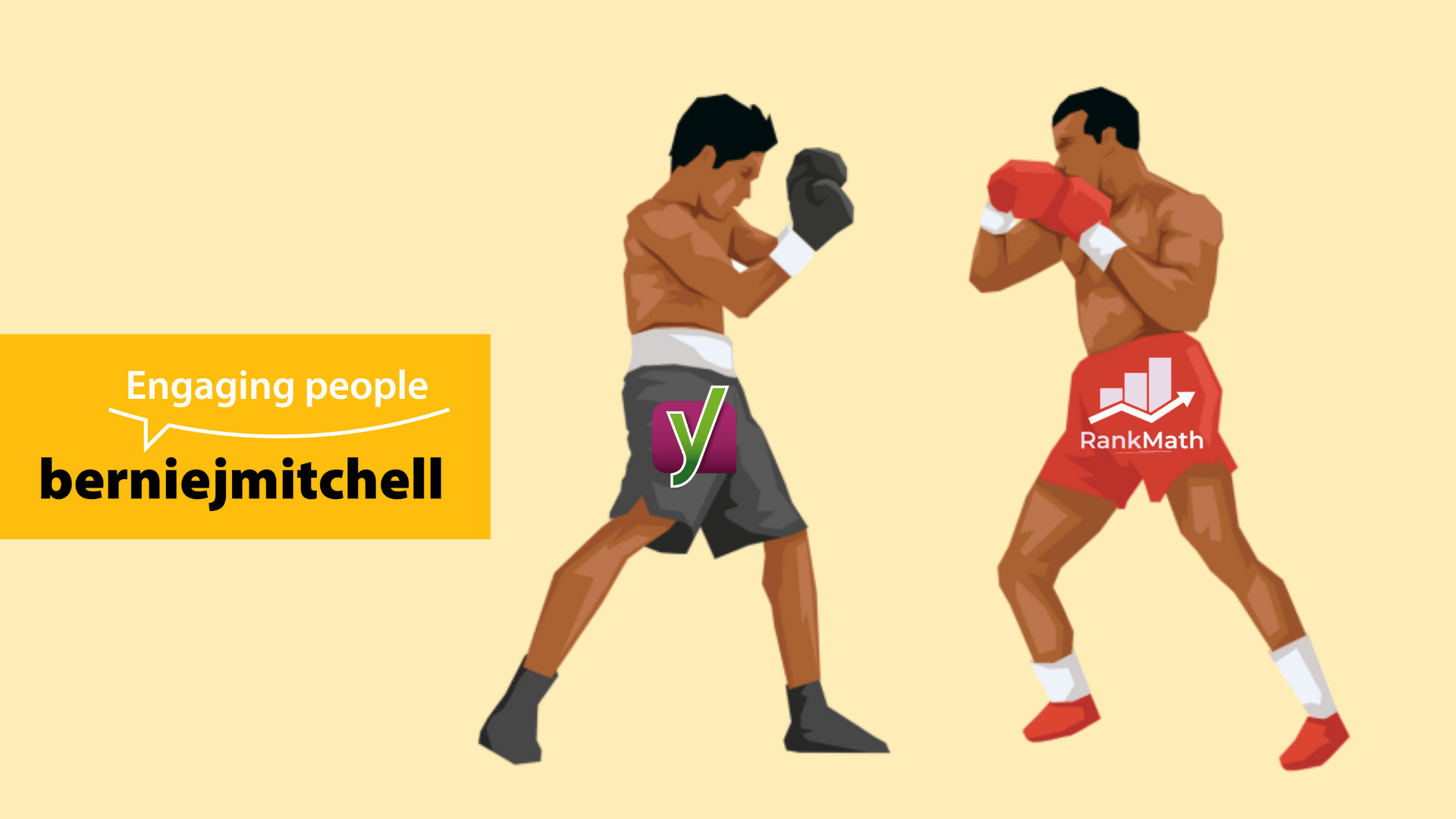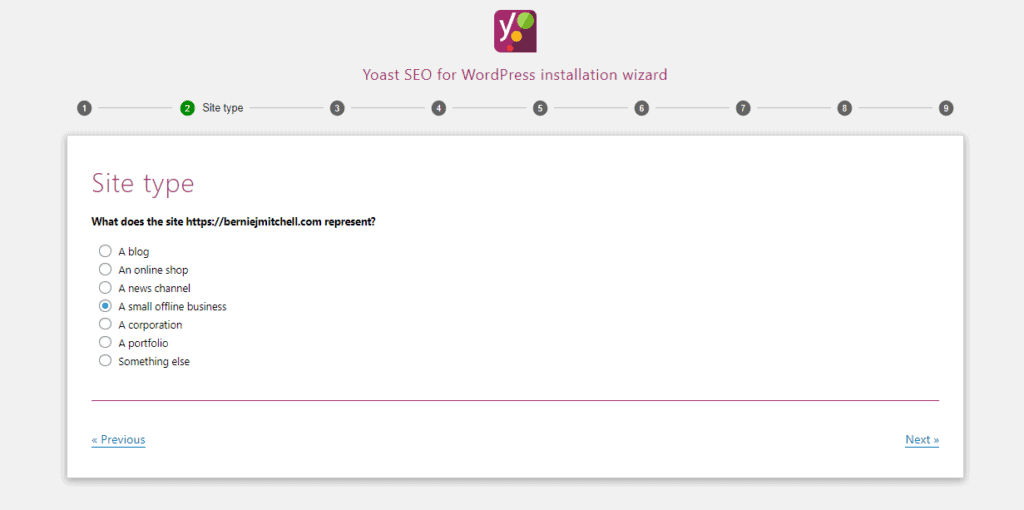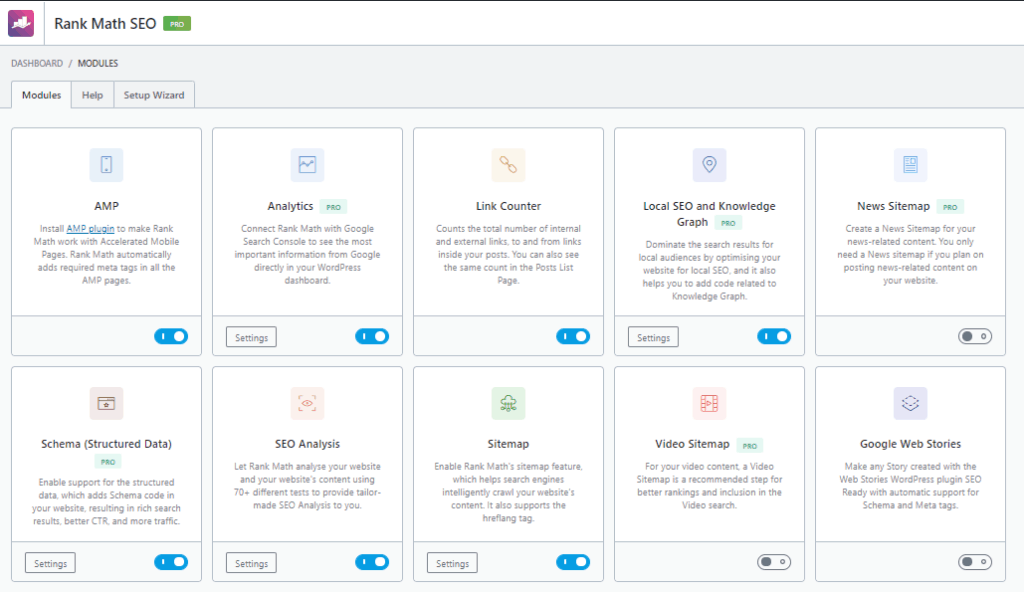I’ve been writing on and off for years, professionally and personally. The thing is, I haven’t got a clue about Search Engine Optimization when I started. Being a content writer and copywriter, SEO is one of the important skills that you need to master when you really want to let the World Wide Web know your blog, your product or your service and get it out in the world.
SEO ranking is kinda a big deal when you’re a business trying to get the people to know all about your products or services over the internet. After all, almost everything is digital nowadays.
The Importance of SEO.
“Search engines are often the biggest source of traffic for most websites.
Google and other search engines use advanced algorithms to understand and rank pages appropriately in search results. However, those algorithms aren’t perfect — they still need your help to understand what your content is about.
If your content isn’t optimized, then search engines won’t know how to rank it. When people search for the topics you write about, your website won’t appear in the search results, and you’ll miss out on all that traffic.
It is really important for all business owners to make their website search engine friendly so that they can maximize their search traffic.”
Not all of us can actually afford to pay SEO specialists. And I think that every copywriter or content writer should be able to at least know the basics of Search Engine Optimization in order to deliver a satisfactory and effective content.
WordPress and SEO.
One of the most widely used website builders there is WordPress. And WordPress offers a wide variety of plug-ins that you can integrate with it and make it easier even for complete beginners to navigate and customize their websites.
Which is really great. And what I love about these plugins are that — most of them are really easy to use, navigate and that you can always find something that works best with you.
And what I know for sure that these SEO plugins are not supposed to do the job for you. It’s there to guide you and make the job easier for you. And these plugins are not at all going to be totally perfect.
Disclaimer: I am not that adept at using both at the moment. Think of this as a beginner’s review of SEO plugins. I will definitely make another review of this when I get the hang of it!
Here we go!
The SEO Plugin Match-off: Yoast vs Rank Math.
Round One: WordPress Integration and Setup Configuration.
How easy it is to integrate these plugins to WordPress? And both of them provide a step-by-step process on how to integrate successfully to WordPress.
Yoast:
You might think that it’s a lot of steps, (I was intimidated at first) however, these steps are just questions for Yoast to determine how to optimize your website. They are not complicated and are easy to understand.
And besides, 6 of these steps — Environment (published or not), Site Type (whether you’re online seller, offline business or blog), Organization or Person (the identity of your business, social media), Search Engine Visibility (which content you want to be visible over the search engines), Multiple Authors, and Title Setting (change your site title and which separator you want to use) — these lets Yoast determine how to optimize your site.
The last steps are simple recommendations from Yoast for beginners by offering a training camp on how to use Yoast effectively and you’re done with the set-up.
Rank Math:
Rank Math has 4 steps! Now that’s a setup that beginners like me, love. It’s not intimidating and you get to choose the level of control on the SEO aspects of your website. Ain’t that neat?
These steps are: Getting Started — in which you choose your level of SEO control over your site, Your Site — wherein you answer a few questions about your site, Analytics — where you get to connect your site to Google and you’re all set.
Round Two: User Interface.
User Interface is one of the biggest factors that let me decide to keep or ditch an app. It’s a vital deciding factor for, well, most people. The aspects I look for are — is it user-friendly? Is it easy to navigate and understand for beginners? And how cluttered is it?
Yoast:
Yoast dashboard is a bit confusing for a beginner. True, it is simple enough, however having to click the “?” button every time you don’t know what the feature is for, can be a bit taxing – it’s not very beginner-friendly in my opinion. And I am not actually a fan of their colour scheme.
Rank Math:
On Rank Math, as you can see, the interface is set in this nice grid pattern with a very short description on every aspect of Search Engine Optimization. It looks so neat. It has a minimalistic vibe with its simplistic icon designs and colour scheme that’s really easy on the eyes. You can easily see everything at the same time.
Round Three: SEO and Keyword Assigning
This is the part where I have to tell you about its main purpose – Keyword Assigning. So without further ado, here we go:
Yoast:
Yoast only allows you to assign one keyword on the free version and up to 5 keywords on its pro version. Although it also lets you add keyword synonyms. And on the content optimization part – Yoast tells you which parts or aspects of your content by suggesting what you need to do to make that sad little red emoji into a green smiley one.
The one thing I like about this is that Yoast has this little eye thing where it shows you which parts need to be optimized on your content. Like on the length of your sentences, the passive voice usage and transition words amongst other components. It definitely helps you improve your content as much as possible.
Rank Math:
Rank Math on the other hand lets you put 5 keywords maximum on its free version. Also, on its content optimization, I am more partial to its scoring system (I love seeing that little number jump up from 0/100 to 75/100 when I’m done).
It is also important to say that Yoast gives a specific set of instructions that can be frustrating to a beginner who’s very eager to perfect said set of suggestions – forgetting that it is actually just a suggestion. Rank Math gives you a more general idea of what you should do. Ease you a bit into it.
The Judgement
On a beginner’s perspective, I can say that Rank Math definitely is appealing. It’s easier to use. It’s easier to understand. However, I’ve been using Yoast for months before I came across Rank Math. And on a personal opinion, I think that Yoast suits me more than Rank Math does.
I have a little bit of a perfectionist mindset (not that extreme, more like a sliver). And by using Yoast, I appreciate a more focused approach than a general one. Remember that using either of them helps you improve your content and rank on searches by suggesting SEO friendly instructions. It still falls on the quality of your content that lets people stay on your site and generate conversion.





